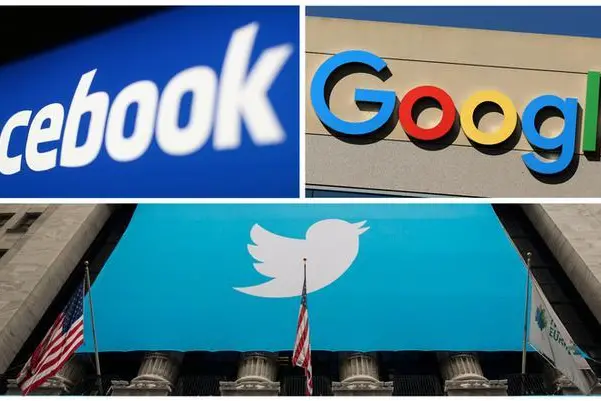PHOTO
(The author is a Reuters Breakingviews columnist. The opinions expressed are his own.)
LONDON - Britain’s new Digital Markets Unit has a distinctively Silicon Valley vibe. A sweeping mandate and the ability to act with tech-like speed raises the risk it will emulate Facebook’s old “move fast and break things” mantra. Still, it’s an upgrade on the ponderous, court-based approaches usually followed by Europe and the United States.
The DMU, unveiled on Friday and due to begin work in April 2021, will police dominant technology groups like Facebook and Google’s parent, Alphabet. The theory is that a nimble, dedicated regulator can fix any abuses of market power quickly, rather than waiting years for an antitrust review. By that time, nascent competitors may already have died.
The mandate looks disconcertingly broad, from the perspective of Facebook Chief Executive Mark Zuckerberg and his opposite number at Google, Sundar Pichai. The government wants the DMU to ensure consumers and small businesses “aren’t disadvantaged” by the business practices of the duo, which together sucked up 80% of UK digital advertising in 2019. A worthwhile use of its powers would be to make it easier for users to move their data, such as Facebook photos or friend lists, over to rival websites.
Yet overzealous intervention in areas where the pair are simply better, like targeted advertising, could backfire by deterring them from developing potentially useful new services. A report by the Competition and Markets Authority, the antitrust body within which the DMU will sit, provides plenty of food for thought by pointing to the massive profitability of Facebook and Google’s search business. A 40%-50% return on capital employed, way above their probable single-digit cost of capital, may indeed stem from monopolistic pricing of advertising services, necessitating regulatory action. On the other hand, it could simply be that digital marketers love their products.
Yet for all the danger of overreach, the new regime is preferable to more cumbersome alternatives. European competition tsar Margrethe Vestager, for example, takes years to bring cases against Google, Amazon.com and others. Factor in lengthy appeals, and the tech giants’ may have increased their dominance before the process ends. The same could apply to the U.S. Justice Department’s recently launched case against Google. Britain’s decision to mimic Big Tech’s agility offers the best hope of reducing its clout.
CONTEXT NEWS
- Britain will impose a new competition regime next year to prevent Google and Facebook from abusing their dominance of the online search and social media markets, the government said on Nov. 27. The rules will be enforced by a dedicated unit within the Competition and Markets Authority.
- The Digital Markets Unit, which will begin work in April 2021, could be given powers to suspend, block and reverse decisions made by technology firms, and to impose financial penalties for non-compliance.
- Under the setup, companies will have to be more transparent about how they use consumer data. The new unit could also ban any measures that make it hard for users to switch to rival online services.
(The author is a Reuters Breakingviews columnist. The opinions expressed are his own.)
(Editing by Ed Cropley, Karen Kwok and Oliver Taslic)
© Reuters News 2020





















